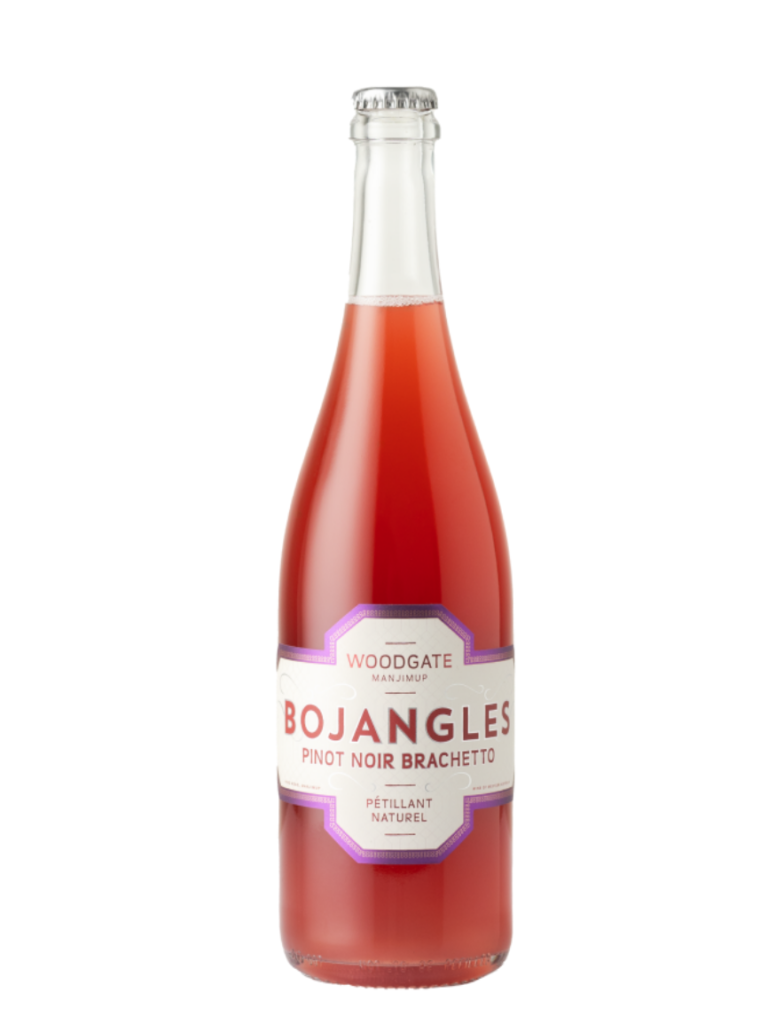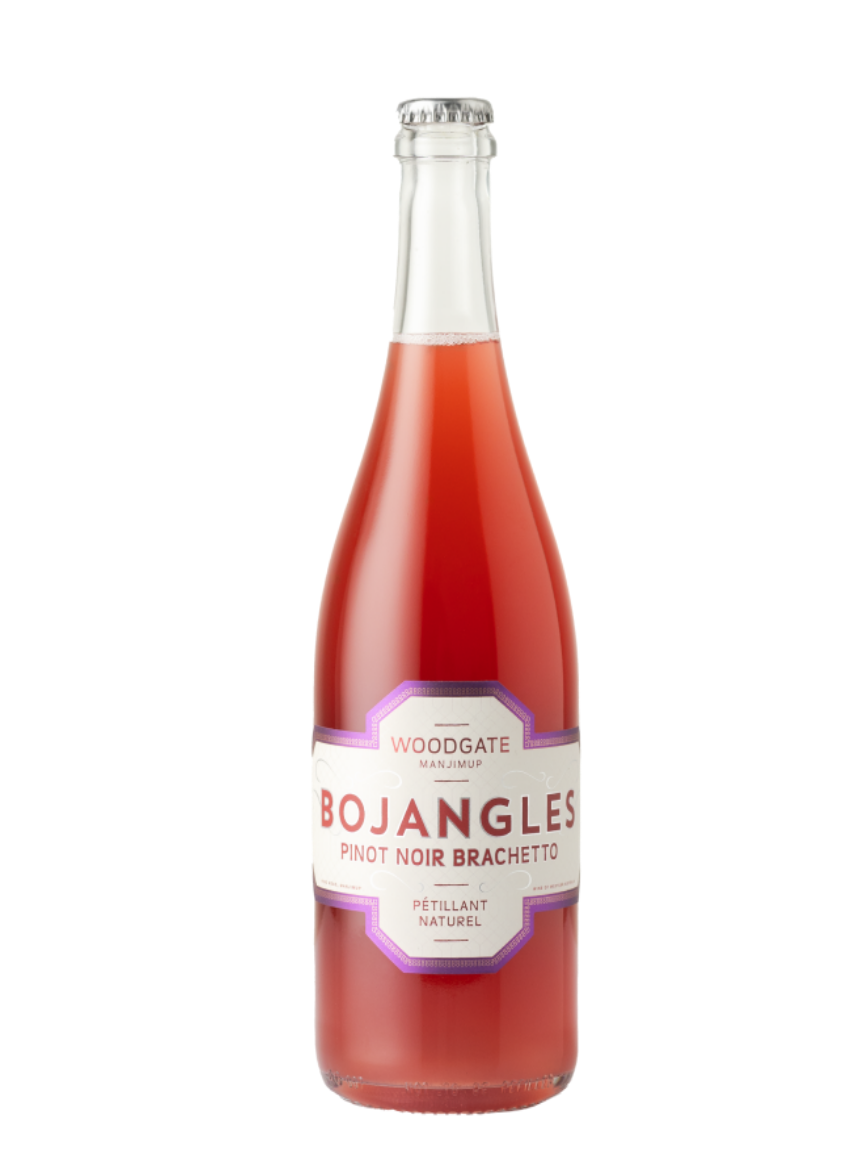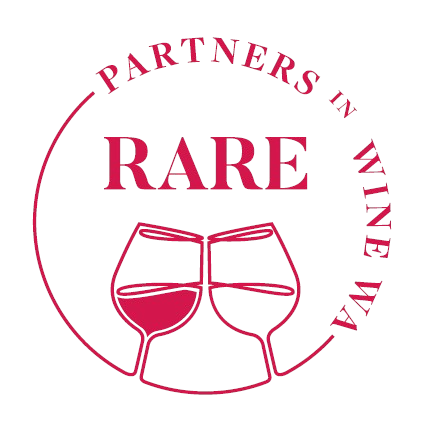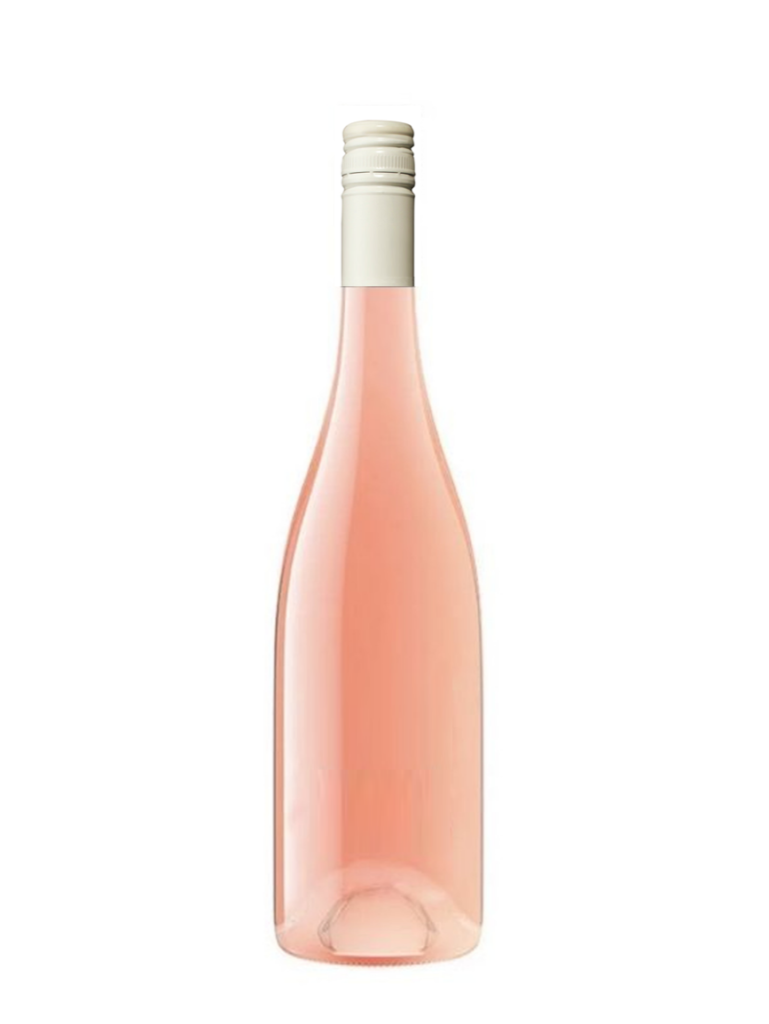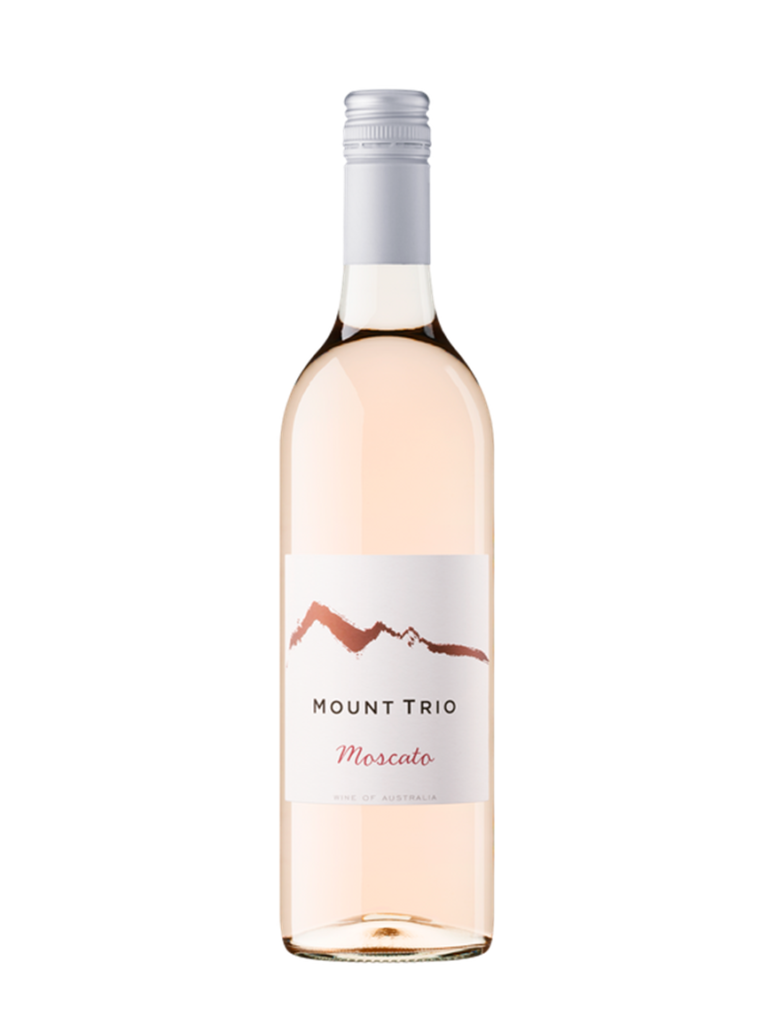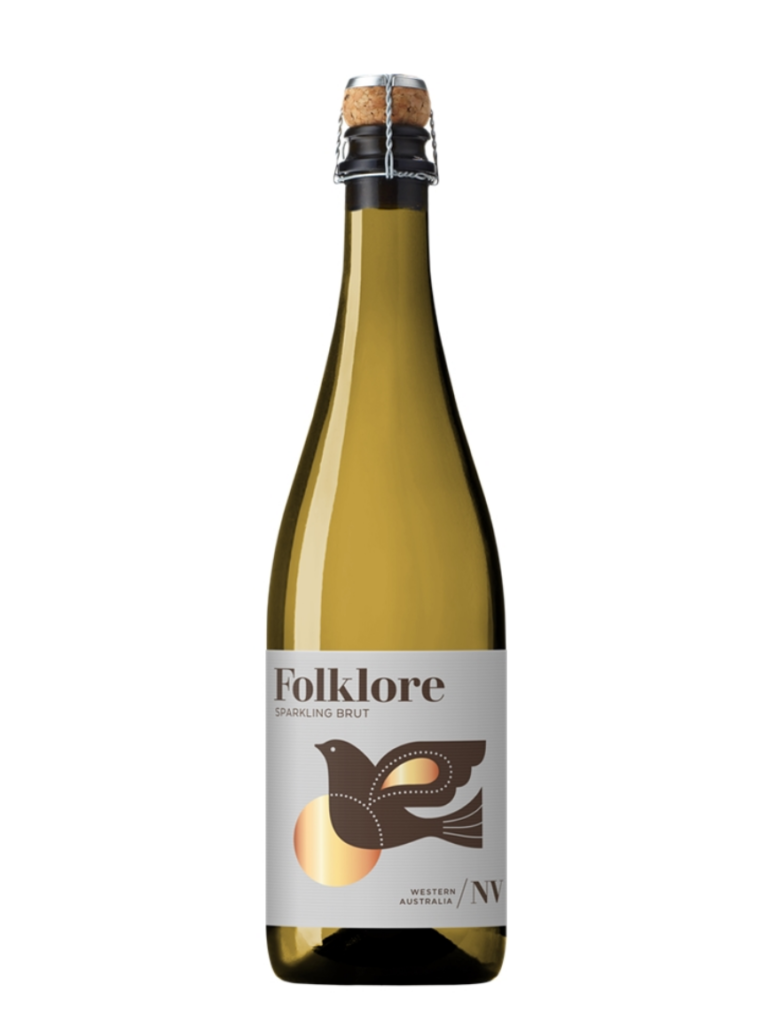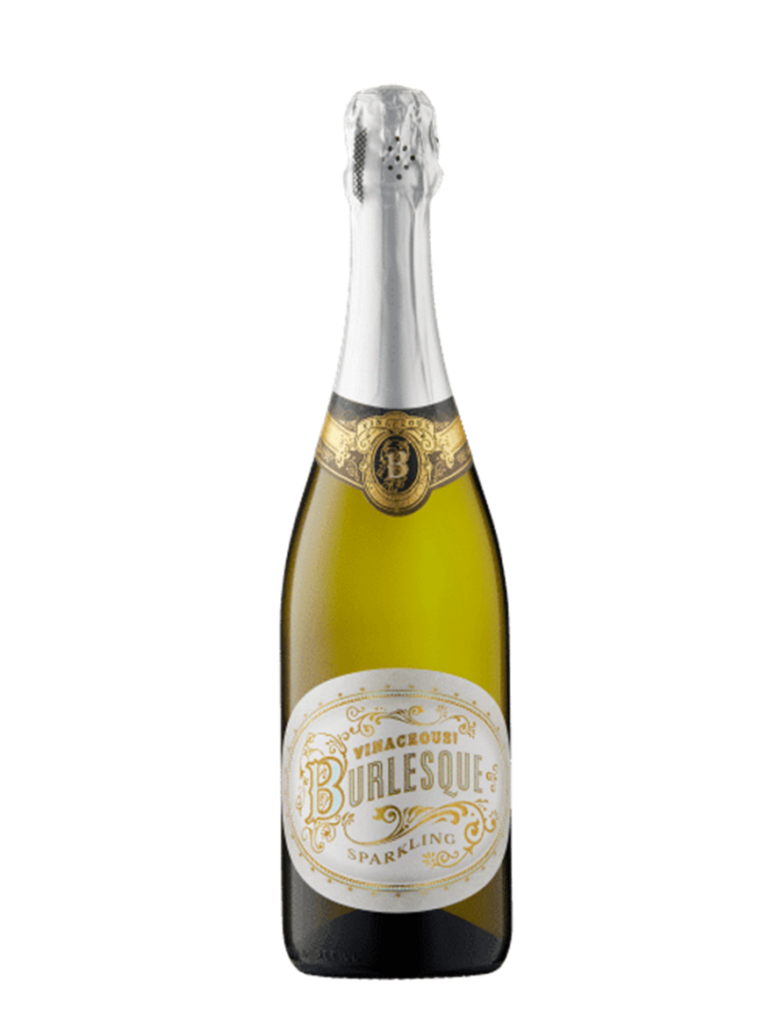Bojangles Petillant Naturelle Rosé
Berries | Frisky Bubbles | Something Different
Prepare to indulge in the delightful fusion of vibrant fruit flavours with the Bojangles Petillant Naturelle Rosé. This artisanal, vegan-friendly sparkling wine is hand-crafted in the cool-climate region of Manjimup, offering a playful burst of strawberry, watermelon, and sweet red berry notes that will make every sip an occasion to remember.
Why You Will Love It ❤️
- Grape Variety Magic: A blend of Pinot Noir and Brachetto, this wine brings together the best of both worlds. Pinot Noir adds delicate red fruit flavours and subtle acidity, while Brachetto, an aromatic red grape from Italy, contributes rich berry notes and a hint of natural sweetness.
- Fun and Frisky: Made using the méthode ancestrale, the wine ferments in the bottle, creating a refreshing sparkle with lively, playful bubbles that give it a fun and energetic personality.
- A Touch of Sweetness: With residual sugar levels of around 10g/l, this wine leans slightly toward a soft, sweeter side, making it perfect for those who enjoy a fruity, light style of sparkling wine.
- Vegan-Friendly: Made without any animal products, this wine is as pure as it is delicious, crafted entirely using natural winemaking methods.
- Small-Batch Creation: Handcrafted in limited quantities, this unique sparkling rosé won’t last long—grab a bottle while you can and enjoy something truly special.

Discounts & Delivery
Buy 6 or more wines of your choice and enjoy a 5% discount. Yes, it can be any mix of wines!
Based in Perth, we provide FREE personal delivery for orders over $75 within the Perth area.
We also offer shipping across Australia, with freight costs calculated at checkout.
You can typically order more than the available stock of most wines, with excess going on backorder. However, for special vintage-dependent wines, you’re restricted to the current stock to ensure you receive the specific year’s vintage.
Partners in Wine WA stocks all of the Woodgate range as their dedicated online store. We offer free Perth delivery over $75 and ship around Australia.
For any inquiries, feel free to reach out to us via email at info@partnersinwine.com.au.


